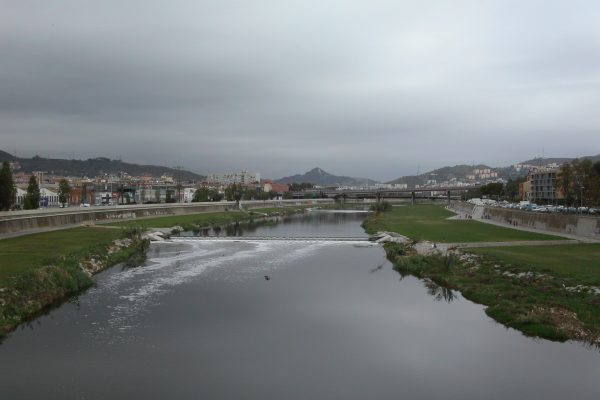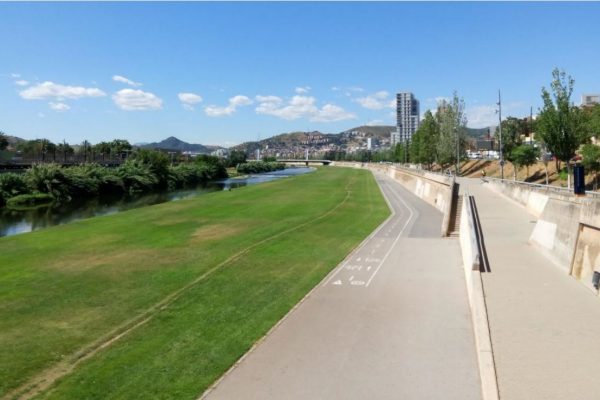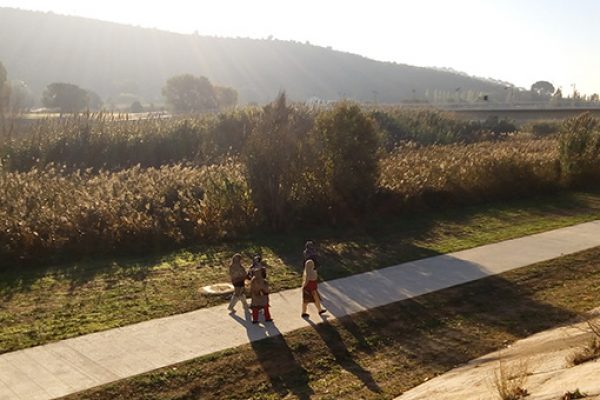This research has evaluated the impact of a recent urban riverside regeneration project in Barcelona, Spain.
The redevelopment work was designed to improve access to the riverbank for pedestrians and cyclists.
Data collection included systematic observations (before and after the intervention) using the System for Observing Parks and Recreation in Communities (SOPARC). Physical activity levels and use types were then compared over time.
Qualitative assessment consisted of semi-structured face-to-face interviews with local users of the area.
We observed a 25% increase in the number of people using the renovated area of the river after the intervention. There was also an increase in sedentary users and those engaged in moderate levels of physical activity.
The growth of users in the renovated area was mainly driven by females, adults, children, and the non-Caucasian population. Resident interviewees reported being happy with living near the river, where they usually go for a stroll, and thought living near the riverside area might benefit their health and wellbeing.
Overall, residents seemed satisfied with the intervention.










